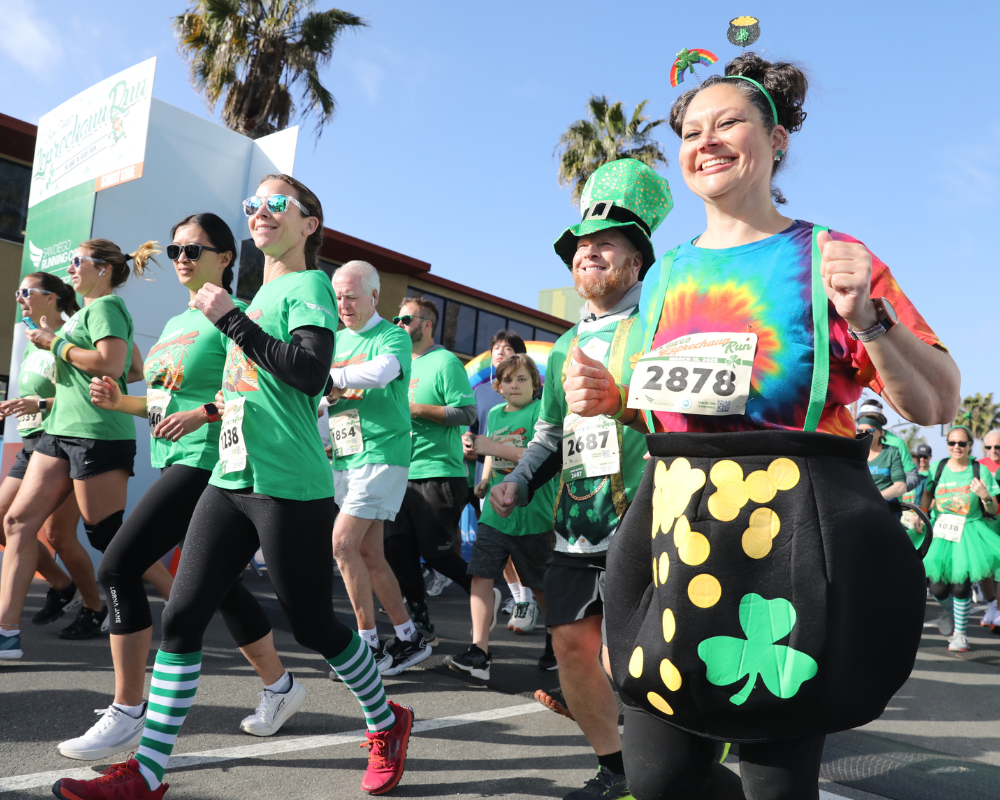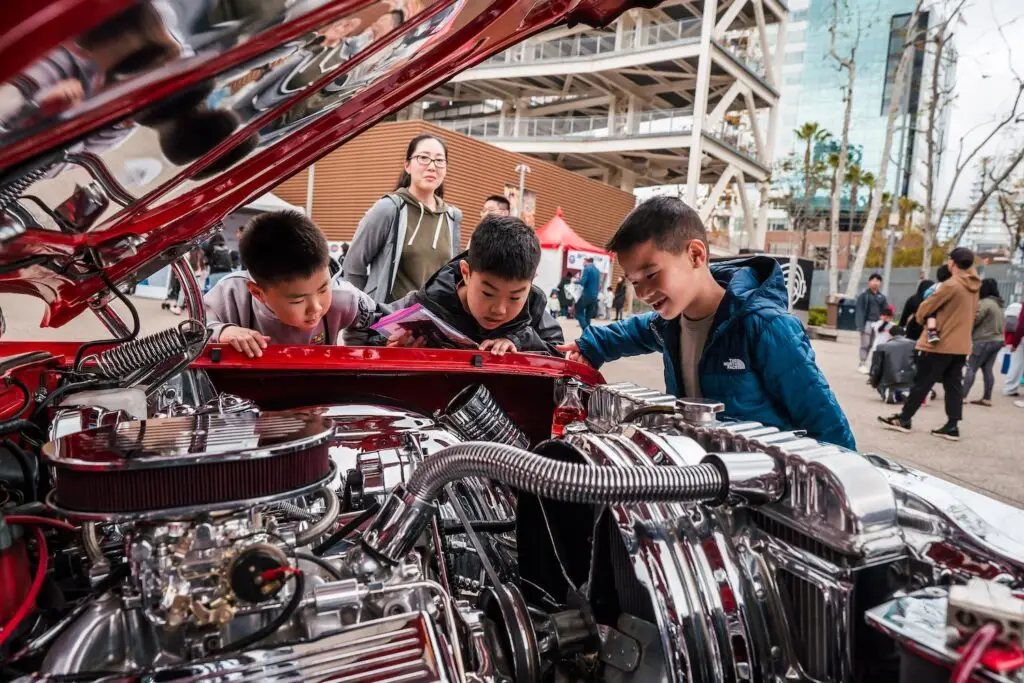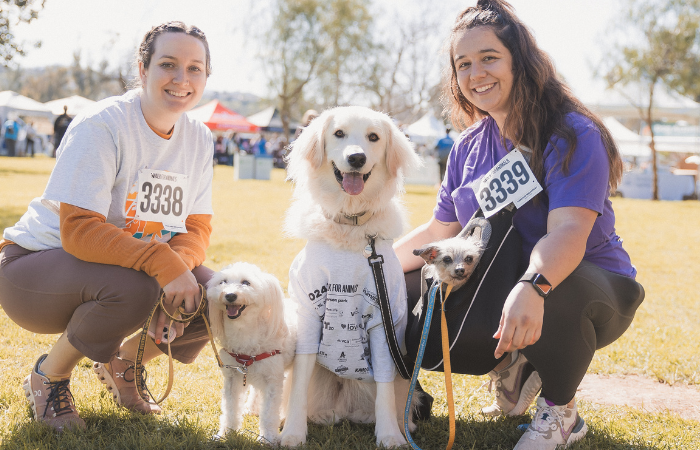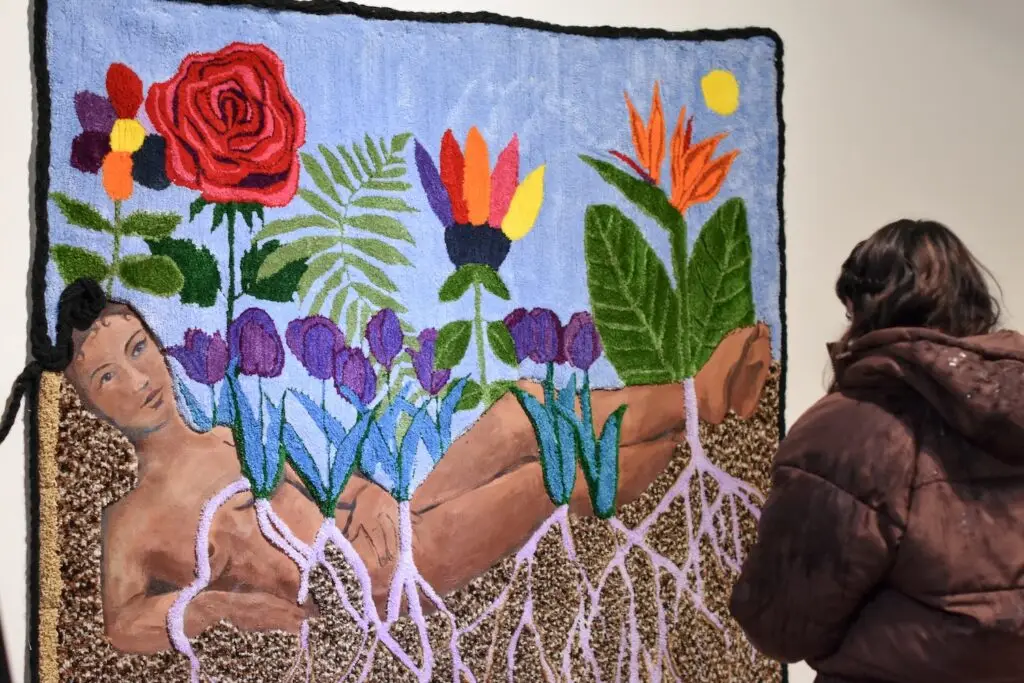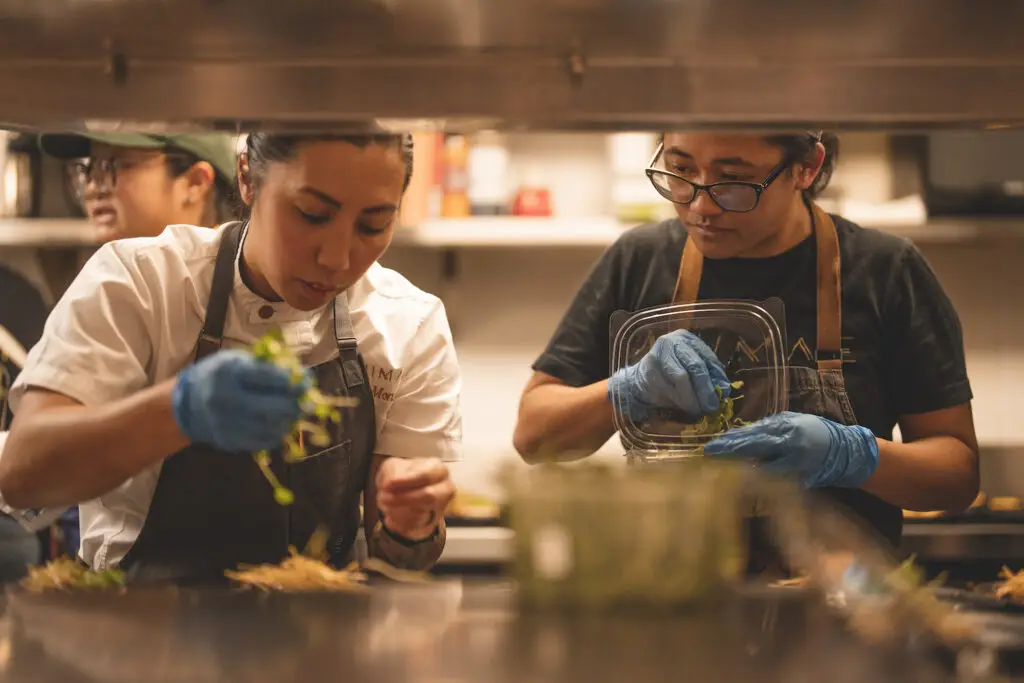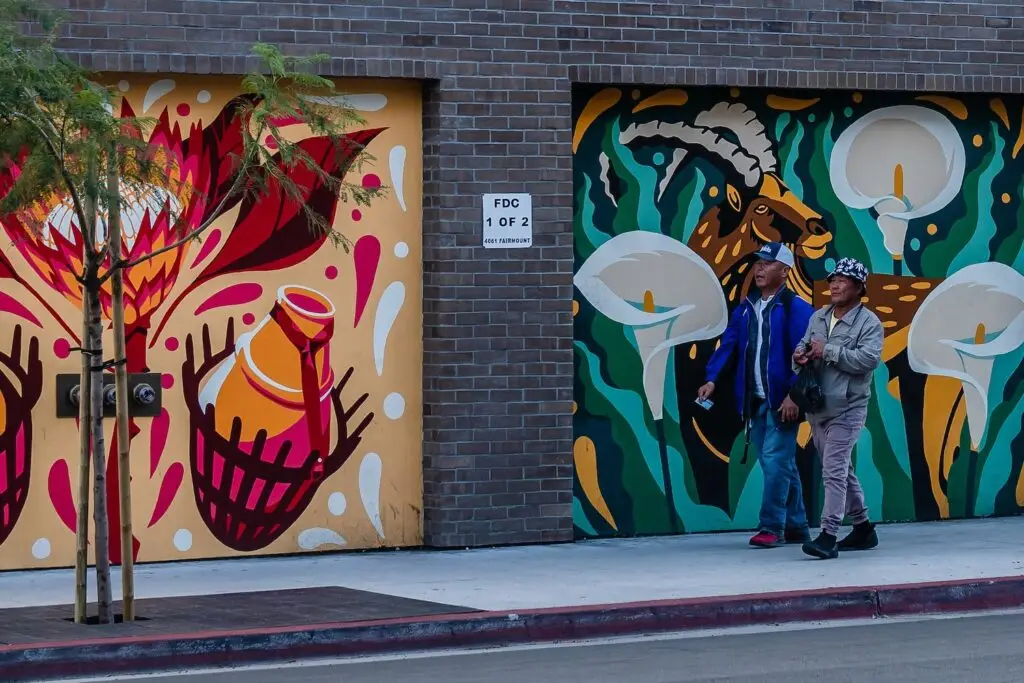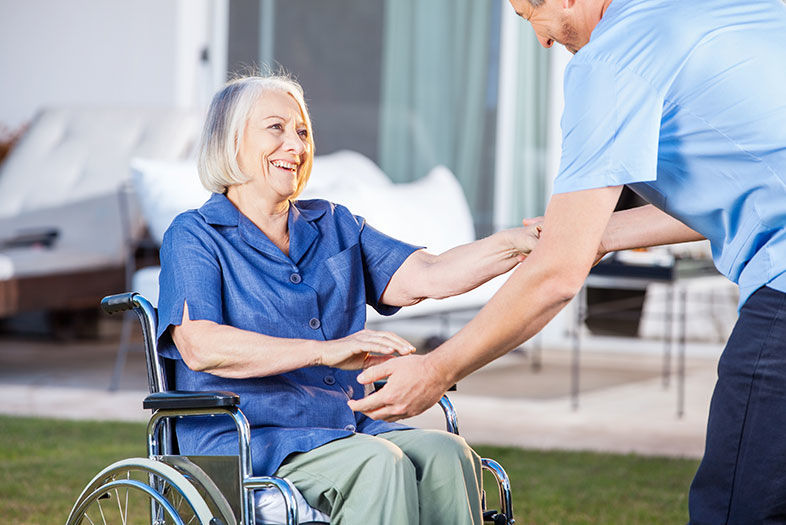By the Numbers
284,799 people in San Diego County have a physical or developmental disability—nearly 10 percent of the population.
Almost 147,000 are not able to walk, and 115,245 require day-to-day assistance.
111,073 have a cognitive difficulty, such autism or dementia.
16% of San Diegans don’t have health insurance.
Source: County of San Diego Health and Human Services Agency, San Diego County Demographics Profile, September 2015
Access to Independence
“We’re all impacted by disability whether we’re aware or not,” says Louis Frick, executive director of Access to Independence. “Disability is also a group that anyone can ‘join’—your ethnic background, how much money you make, it doesn’t matter. Most of us have or know someone who has a disability.”
Frick says that disabilities can range from vision loss to having hip replacement surgery, and the organization’s goal is to help people of all ages who have a disability live independently. They specialize in helping people transition out of skilled nursing institutions and medical facilities and purchase basic items that they need at home, such as access ramps or a modified van.
“We are the copilot; we give them the tools for what they need, and help them make their own choices,” says Frick. The organization itself was founded by disabled persons in 1976, a time when “there was no one teaching [disabled] people how to live on their own.”
The San Diego–based nonprofit services 700 to 800 people and receives about 5,000 calls for help and information a year. Frick says they’ve received an increase in calls for housing assistance, and that many of their clients live in an SRO (single-room occupancy) or shelters where bathrooms are shared.
“Housing is the biggest barrier to independence, including the money for a deposit and rent,” Frick says, adding that most of the people who call for housing assistance are living on an average income of $867 a month. “No one can survive on that. That’s impossible in San Diego.”
Frick hopes to raise $10,000 in 2017, which would make a huge difference in the number of people Access to Independence can help. He adds that their fundraising is unique in that 100 percent of donations goes directly to an individual in need.
The Arc of San Diego
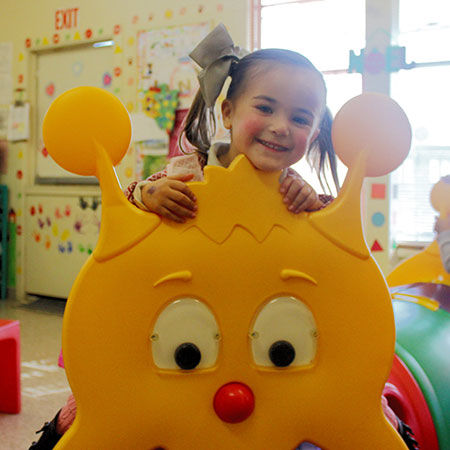
All Hands on Deck for People with Disabilities
Finding meaningful employment and feeling like you’re making a contribution to your community is an important part of being happy. For people with Down syndrome, autism, and cerebral palsy, finding a job and living on one’s own can be especially difficult.
The Arc of San Diego, a nonprofit devoted to helping people with developmental disabilities by providing group housing and workshops, also has an extensive job placement program. Arc staff prep clients for interviews and will even ride the trolley or bus with them to make sure they know how to get to work and back on their own.
Every year, the nonprofit helps 2,500 people throughout San Diego County at 20 facilities. Arc spokesperson Jennifer Bates Navarra says the organization’s mission is to help people with disabilities learn new skills and fulfill their goals. The Arc of San Diego provides care and services to people with disabilities throughout the entire course of their life.
The agency plans to renovate the Sol and Ruth Gerber Family Center in Chula Vista, and needs an additional $1.2 million to equip it into a 30,000-square-foot facility. Navarra says many of the agency’s buildings date back to the 1950s and need to be upgraded. “Although The Arc of San Diego receives funding from the State of California, present rates of state funding are inadequate in meeting the needs of those that we serve,” she says. “Despite the fact that many of the programs operate at a deficit, we continue to operate them.”
Classes at The Sol and Ruth Gerber Center have helped people like Sandra, an adult with a developmental disability who felt isolated until she joined The Arc’s day program. Activities at the center encouraged Sandra to become more socially engaging, and today she volunteers at a local senior center.
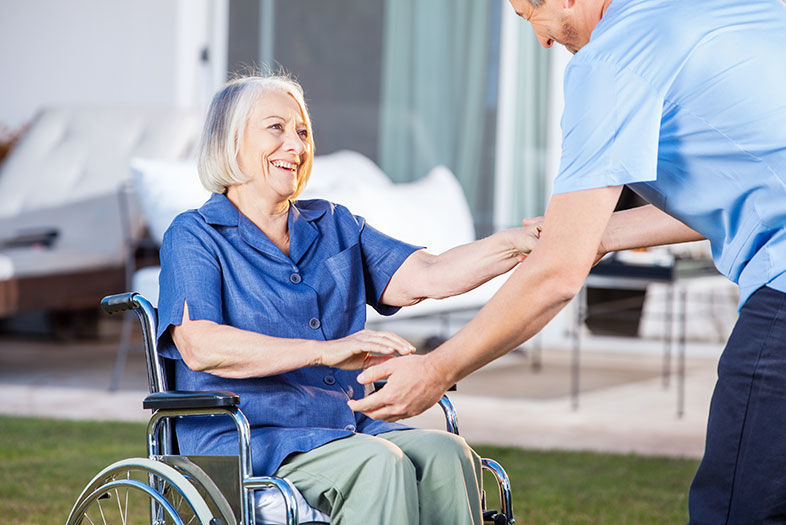
PARTNER CONTENT
All Hands on Deck for People with Disabilities


